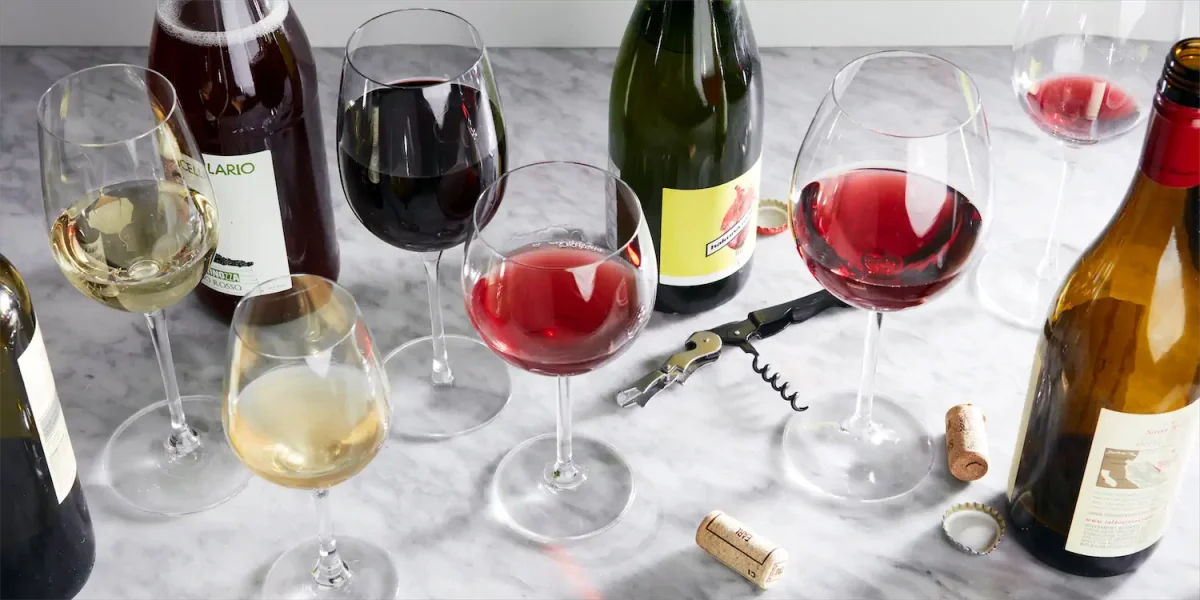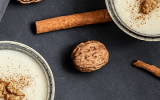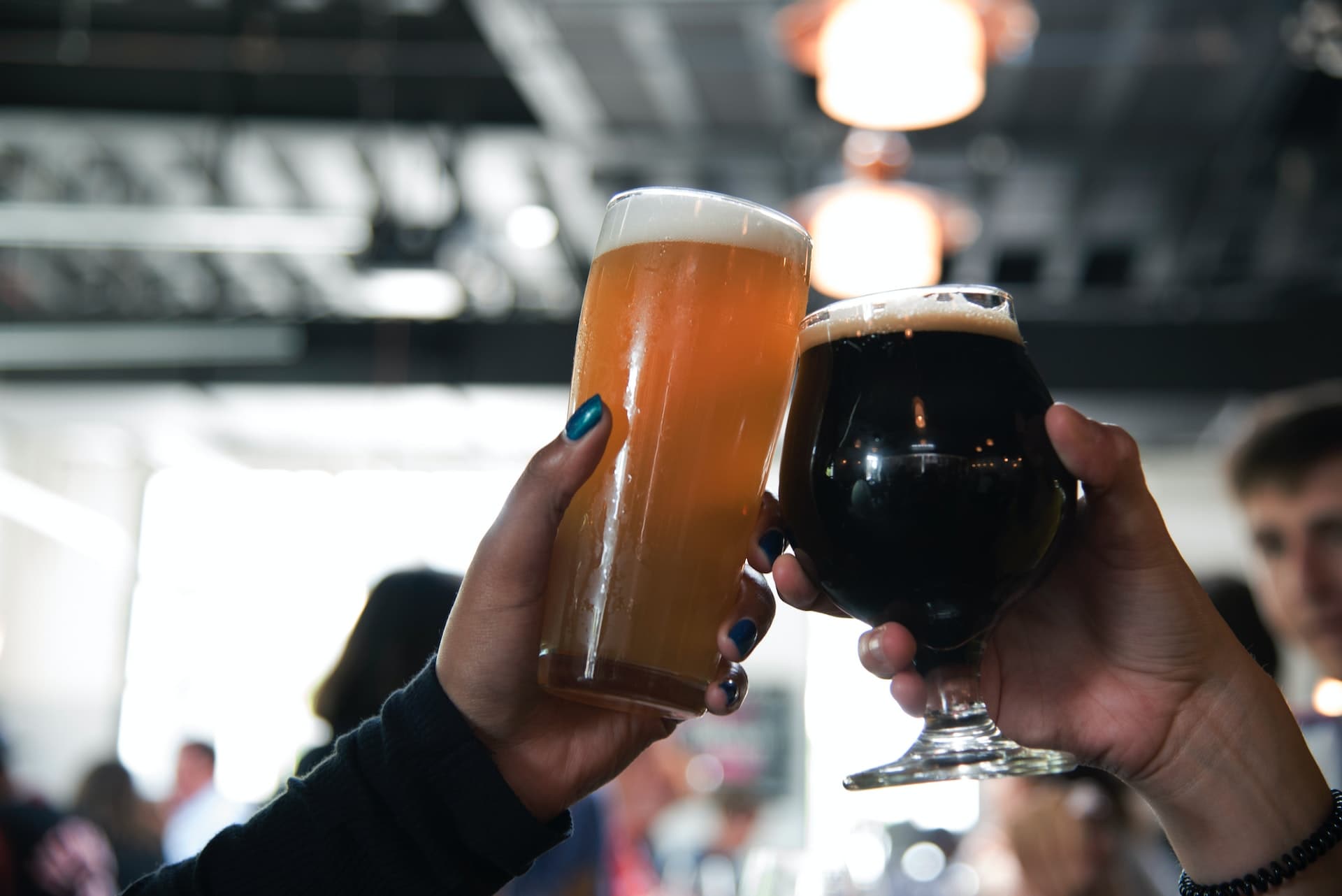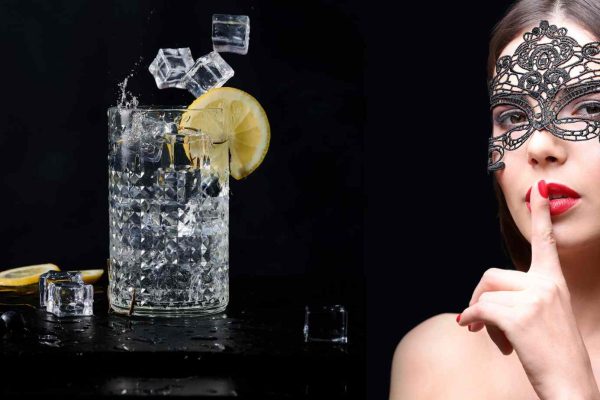Wine tasting is a very detailed job that requires experience. It’s about paying attention to the subtle nuances of a wine and being able to identify the flavors and aromas that make it unique.
There is no doubt that wine tasting is a science. The most experienced wine experts and wine companies, They know there is an art to tasting wine, but they also know that there are right and wrong ways to do it.
Why is Wine Tasting Important?
Wine tasting is an activity that has been around for a very long time. Understanding why wine tasting is important is important because it can be used as a way to learn more about wines and the types of wines you like. If you want to learn more about the importance of wine tasting, read on.
What is Wine Tasting?
If you want to learn the importance of wine tasting, you must first know what it is. Wine tasting is a process where people try different types of wine to determine which one they like best or least. The person who tries each type of wine will note his or her thoughts about each so that he or she can remember these details later when shopping for new bottles in stores or at places where many different products are available, such as Amazon.com.
Wine Industry
Wine tasting is an important part of the wine industry. Wine tasters are experts who can detect different flavors and aromas in wines, allowing them to accurately describe the wine and its quality.
Wine Tasting Process
The wine tasting process involves smelling the wine and then tasting it. Some people may choose to spit or rinse their mouth after tasting the wine, but others may choose not to do this. Wine tasters must know how to taste wine without feeling uncomfortable.
Characteristics of a Wine Taster
Wine tasters must have a good sense of smell and taste to accurately describe what they are experiencing when drinking wine. They must have excellent visual skills to be able to see the differences between different types of wine at the same time (this is especially true when comparing red wines).
Tasting Wine Like an Expert
There are some details that everyone should know when tasting wine. For example, you should hold the glass by its stem, not by the bowl (if you hold it by the bowl, you will heat your wine). To smell it, stick your nose into the glass and hold your breath and take a small sip, taking in all the flavors on your palate without adding any air that would dilute them or alter them in any way.
Swirl it again before taking another sip, so that when you take another sip, you get as much flavor as possible into your mouth! After taking another sip of the wine, smell it again; This will help you identify additional flavors coming from different parts of the tongue (for example: bitter, sweet, sour).
Wine Tasting Guide
Wine tasting is a complex, nuanced process that requires a lot of knowledge and experience to be successful. If you’re planning to teach wine tasting classes or host your own wine tasting party, here are some steps to ensure the experience goes off without a hitch.
1- Pay Attention to the Condition of the Glass
Keep your glass clean! Nothing ruins a good tasting more than having a dirty glass! Before starting any tasting session, make sure all your containers are clean so that nothing interferes with your ability to accurately detect flavors in each variety examined during the process.
2- Don’t rush
You’ll need to give yourself some time to truly taste the wine. Allow at least 30 minutes before you start drinking the wine so you have time to fully explore the flavor profile without rushing.
3- Don’t Neglect Smelling
Make sure to take time to smell the wine before tasting it. This will help you identify their flavors and get a better idea of what to expect on your palate.
4- Turning the Wine
Swirl the wine in your glass, but don’t shake it! This will help bring out all the flavors from their hiding places so they can mix together and give you an accurate representation of what they taste like when combined.
5- Set the Ratio Correctly
Try not to drink too much at one time. It may be tempting to take a big sip of your favorite wine, but this can actually affect your ability to taste properly because it overwhelms your senses with alcohol, leaving less room for other tastes. The best way to test if something tastes right is to take small sips of it: just enough for you to detect all of its ingredients without being overwhelmed by them.






